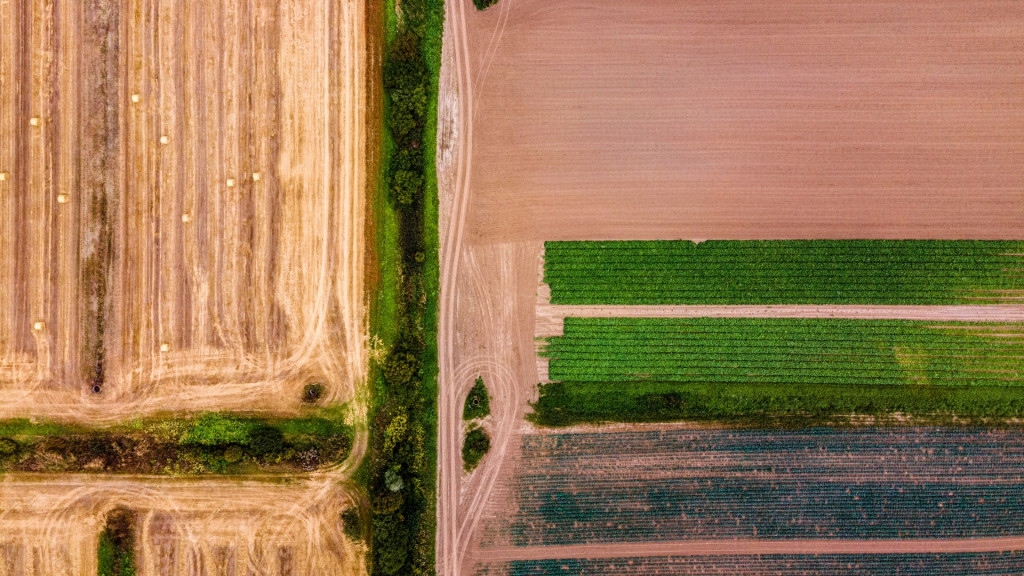MEF4CAP at a glance: new technology and data for better sustainability monitoring


While technology alone will not solve the agricultural sector’s sustainability challenges, satellites, remote sensors and digitialisation offer promising yields in our understanding of the on-farm environmental and economic situation. If careful and deliberate integration takes place, that is.
The political landscape in the EU is changing rapidly and so are expectations of the Union’s common scheme for agriculture and rural development, also known as the Common Agricultural Policy (CAP).
The rise of the sustainability agenda in the EU and globally has changed the expectations to the CAP. This is partially reflected in the ongoing reform of the policy and will influence the requirements in the resulting CAP regulation from January 2023. Also, the current European Commission’s emphasis on digitalisation has significant repercussions on the agricultural sector and these two tendencies might well prove synergetic.
New types of data (such as Copernicus for example) and a rapid development in information and communication technology (ICT) offer a promising venue for improved monitoring and evaluation (M&E) of compliance with and deviation from the CAP at farm-level across the EU.
Why is this important?
The CAP regulation reflects the part of the EU’s policies concerned with agriculture, food systems and rural areas. At the same time, it administers a third of the EU budget, distributed mainly as income and investment support to farmers.
To ensure the realisation of the political visions and allow for adjustments and improvements, it is crucial to create and maintain a golden overview of the implementation and effect of the CAP measures on EU farms. Critical stakeholders, for example national CAP paying agencies, depend on an accurate understanding of the situation on-ground to administer the payments while national and EU actors need adequate data to monitor and evaluate impacts and progress.
The contribution of MEF4CAP
Current M&E rely on a rather limited set of data, primarily agricultural statistics and administrative data, which are valuable but insufficient to cover all data needs arising from the evolving policy landscape. MEF4CAP will evaluate limitations and opportunities in the current system and promote the qualified and speedy integration of new data sources like satellite and sensory data into the current M&E system, to complement and enhance the traditional data types.
The project will develop a comprehensive assessment of the data needs in current and future CAP M&E and map and evaluate developments in ICT and data capturing techniques. Political, administrative, academic, industrial and civil society stakeholders will be included throughout the process to guarantee the relevance and applicability of the results.
Based on this, the project will produce a detailed roadmap for harnessing the promising developments in data collection and integration for more weighty sustainability impact of the CAP. Through the assessment and engagement processes, the needs of different stakeholders will be met and the potential of different approaches will be fully and optimally exploited.
Learn more
The MEF4CAP project runs from October 2020 until October 2023 and all results and developments will continuously be made available through the project platforms.
If you would like to learn more about the process, forthcoming results, MEF4CAP events and other updates from the project, we invite you to follow MEF4CAP on Twitter and ResearchGate and to sign up for our quarterly newsletter by clicking on “Stay informed” in the upper right corner of this website.
The MEF4CAP project consortium is looking forward to taking on this journey to improve the integrated use of adequate data for M&E of the CAP and we hope the journey will be rich and collective - we need your inputs along the way!